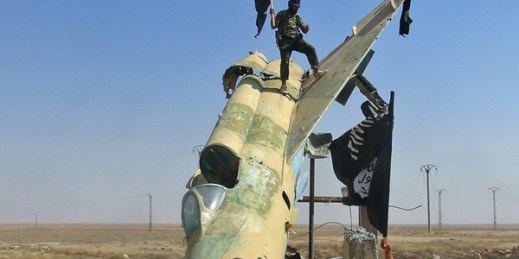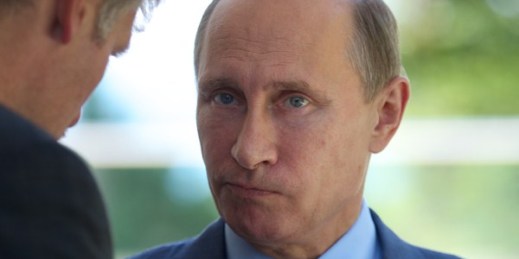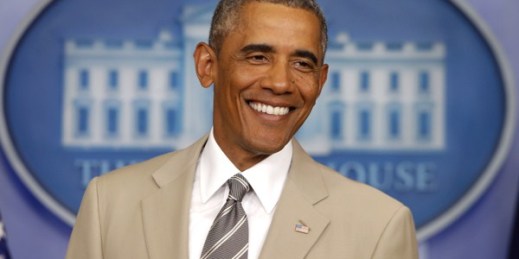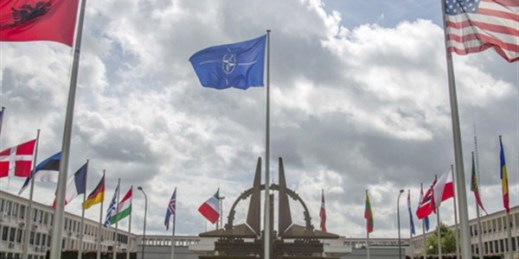
Washington is rife with calls to destroy the so-called Islamic State, also known as the Islamic State in Iraq and Syria. The combination of far-reaching ambition, tactical skill, money, weaponry and depraved barbarity make the group a pressing, even unprecedented, security threat. Like al-Qaida a decade ago, the Islamic State has woven together a dangerous network, this one composed of fat-cat Gulf funders, angry young Western Muslims struggling with inner demons, local Sunni Arabs angered by repression from the governments in Damascus and Baghdad, violence-obsessed jihadists from across the Islamic world and former Baathists still bitter over losing power. As […]



